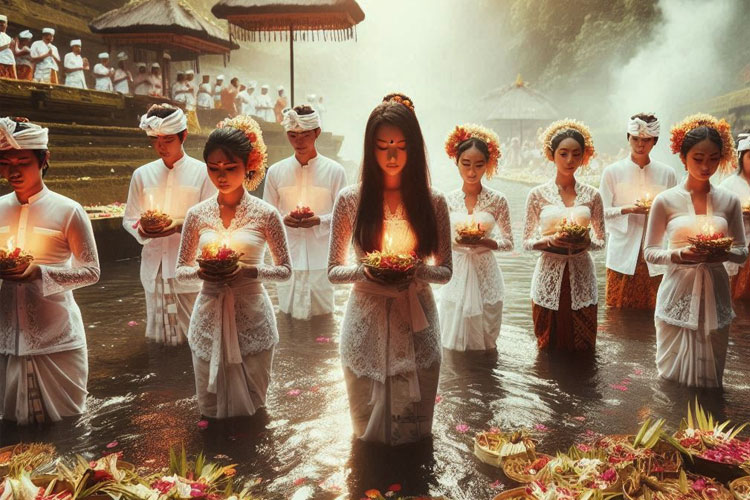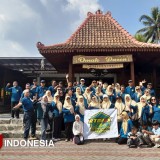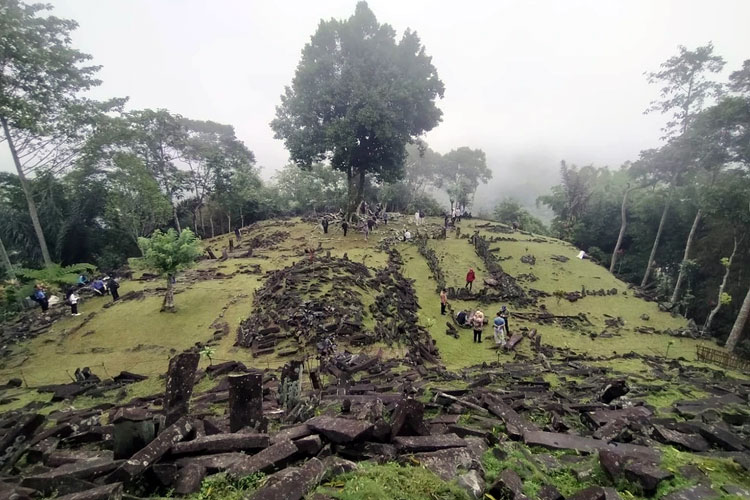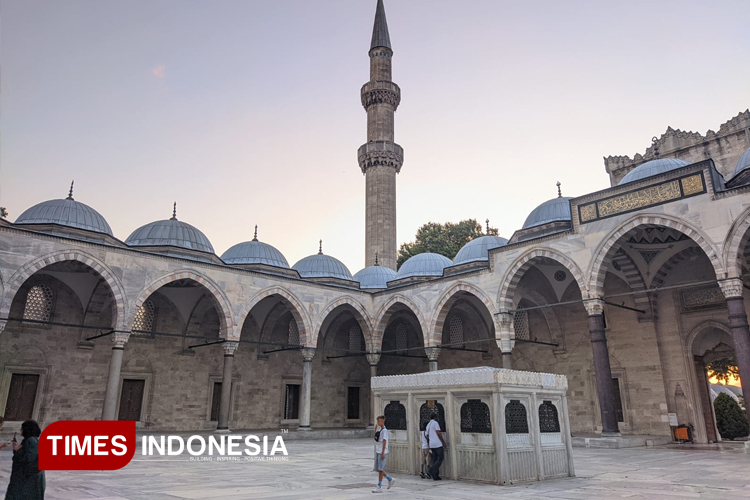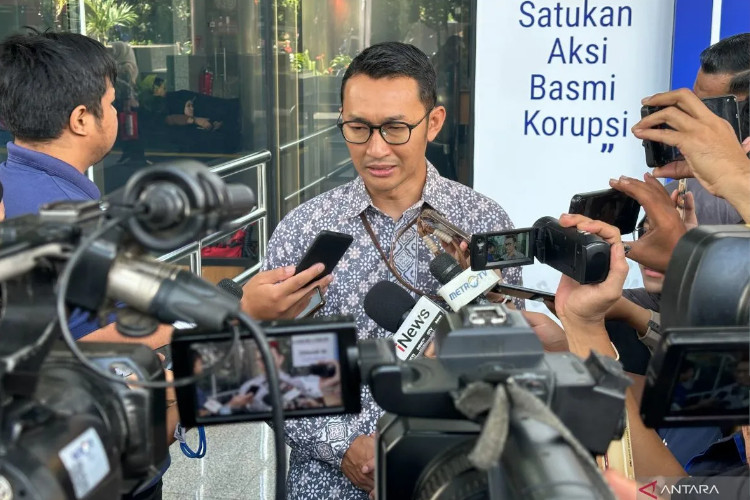TIMES HONGKONG, BALI – Bali, known for its vibrant culture and deep spiritual roots, is home to many sacred rituals that have been passed down for generations. One such profound ceremony is melukat, a purification ritual that holds a special place in the hearts of Balinese Hindus.
Performed in holy water springs, rivers, or temples, melukat is believed to cleanse the mind, body, and spirit of negative energies, bringing balance and spiritual renewal.
The Meaning of Melukat
The term melukat derives from the Balinese word lukat, which means to cleanse or purify. In essence, melukat is a ritual designed to wash away impurities, both physical and spiritual.
The Balinese believe that through this purification process, a person can rid themselves of negative forces that may have accumulated due to stress, bad luck, illness, or spiritual imbalance. It’s a way to start fresh, spiritually grounded and free from negativity.
This practice is deeply rooted in Balinese Hinduism and connects closely with the Balinese concept of Tri Hita Karana, the philosophy of harmony between the individual, the environment, and the divine.
Types of Melukat Ceremonies
There are several forms of this sacred ceremony, each performed for different purposes, such as healing, preparing for important life events, or resolving spiritual disturbances. Some of the most common types include Melukat Bebayuh which performed for general purification, especially when one feels burdened by emotional or physical distress.
Meanwhile Melukat Sudamala is aimed at cleansing evil spirits or negative influences, often done when someone feels a spiritual imbalance or is haunted by nightmares. In addition, Melukat Saraswati is done to honor Saraswati, the goddess of wisdom and knowledge, this form is especially important for students or anyone seeking clarity of mind and wisdom.
The Ritual Process
A melukat ceremony typically takes place at a sacred water site, such as a holy spring, waterfall, or a river, with Tirta Empul (near Ubud) being one of the most famous locations. The presence of water, known as tirta in Balinese, is central to the ritual, symbolizing purity and the power to cleanse.
1. Preparation
Before the ceremony, participants will often bring offerings (*canang sari* or *banten*) as a sign of respect and gratitude to the gods. These offerings may include flowers, incense, and food.
2. Prayers
A pemangku (Balinese priest) or spiritual guide typically leads the ceremony. Participants will pray to the gods, asking for blessings and spiritual cleansing.
3. The Purification
The priest or guide will sprinkle holy water over the participant’s head, and sometimes, the individual will immerse themselves fully in the water. As this happens, participants are encouraged to meditate, clear their minds, and focus on releasing negative energy.
4. Blessing and Closing
After the water ritual, the priest will offer a final blessing with rice placed on the forehead and flower petals tucked behind the ears as symbols of purity and balance.
The Spiritual Importance of Melukat
For Balinese Hindus, melukat is more than just a physical cleansing. It is a way to connect with the divine and realign oneself with the forces of the universe.
The ritual is believed to open spiritual pathways and provide a sense of inner peace, mental clarity, and emotional healing. Many people, including locals and spiritual seekers from around the world, participate in melukat to clear away feelings of stagnation or to seek protection from misfortune.
While melukat can be done at any time, certain occasions are considered especially auspicious. The Balinese perform this ritual during key moments in their lives, such as after a significant emotional event, during a full moon (purnama), before a wedding, or after recovering from illness.
It's also common to perform melukat during major religious festivals like Saraswati (the celebration of knowledge) or before participating in other important spiritual ceremonies.
The Growing Popularity of Melukat Among Visitors
In recent years, melukat has drawn the attention of travelers seeking spiritual experiences and healing. While the ritual holds deep meaning within Balinese Hindu culture, many visitors participate as a way to connect with Bali’s spiritual energy or to experience a unique form of purification.
Some spiritual centers and retreats now offer melukat ceremonies, often guided by local priests, as part of wellness programs aimed at promoting emotional and spiritual well-being.
Respecting the Sacred Tradition
While melukat is accessible to non-Hindus and tourists, it's essential for participants to approach the ritual with respect. Visitors should dress modestly, be mindful of the sacredness of the place, and refrain from taking photos during the actual ceremony.
Understanding that the ceremony is not merely a tourist attraction but a deeply spiritual practice can help ensure that the ritual remains respected and meaningful for both locals and participants.
Melukat is a testament to Bali’s enduring spiritual culture. Through its water-based purification rites, it offers a path to personal renewal, healing, and balance in a world often marked by stress and chaos.
For the Balinese, it is a vital practice that reflects their harmonious relationship with nature and the divine. For visitors, Melukat offers a unique glimpse into the island’s spiritual heart, providing a rare opportunity to experience a centuries-old tradition that continues to thrive today. (*)
Artikel ini sebelumnya sudah tayang di TIMES Indonesia dengan judul: Melukat: A Sacred Cleansing Ritual in Bali
| Writer | : Khodijah Siti |
| Editor | : Khodijah Siti |
